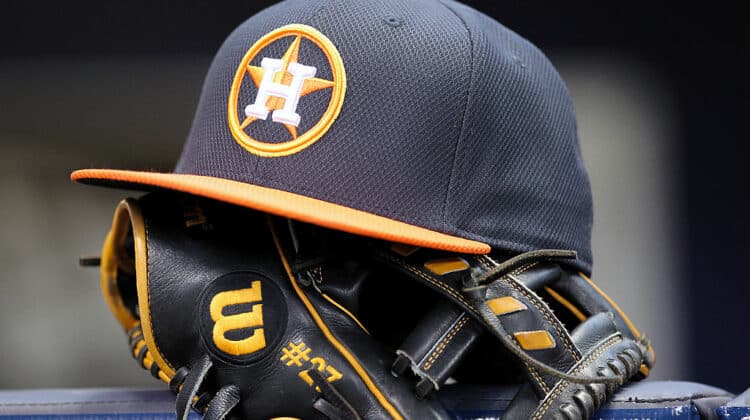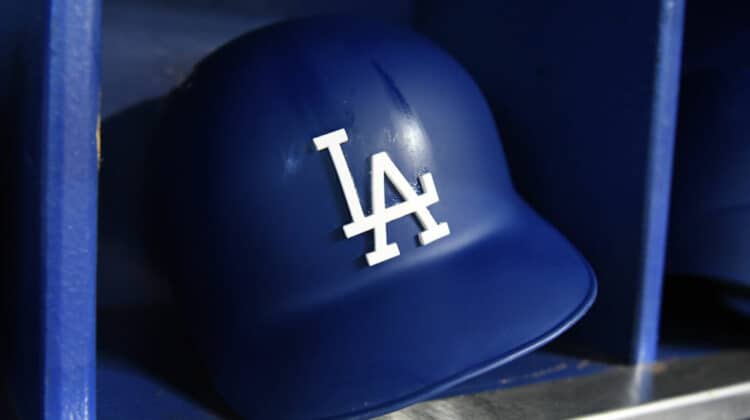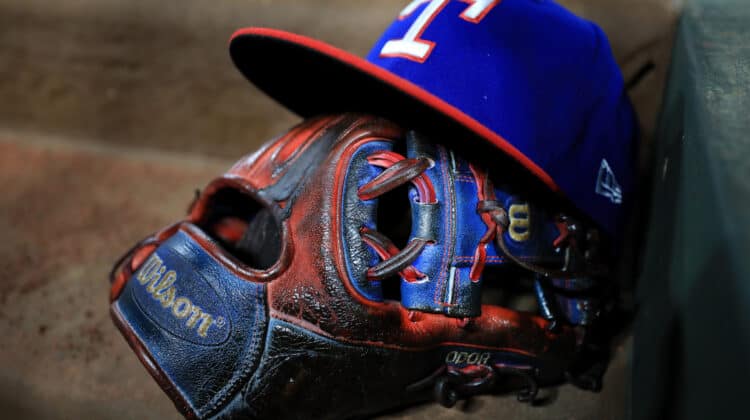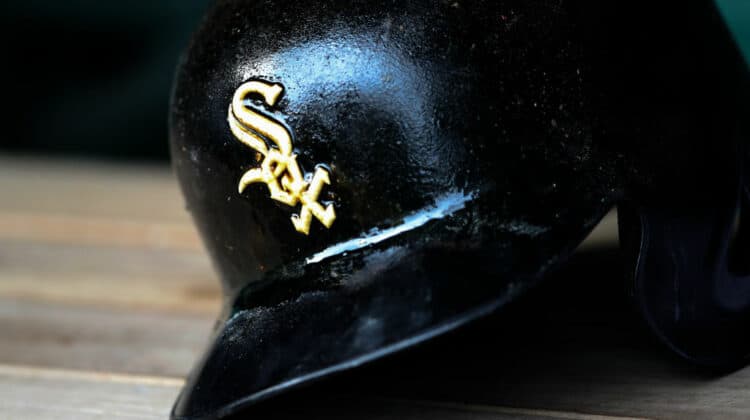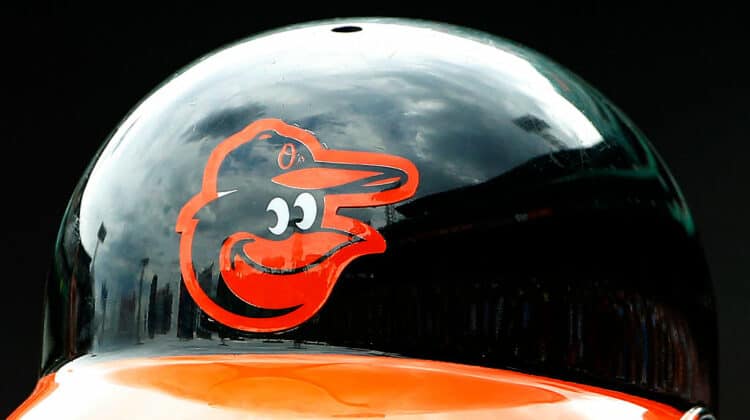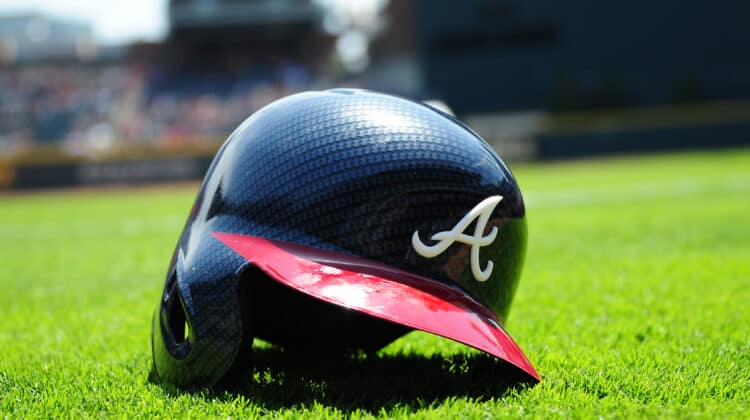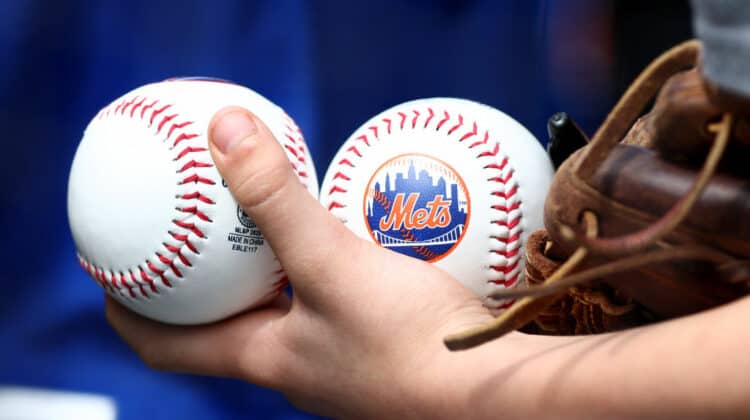
The 2021 MLB All-Star Week is creeping up on us.
After being deprived of an All-Star Game and Home Run Derby in 2020, MLB fans are excited to have the traditions back this season.
Many fans think of the Home Run Derby as the best part of the annual All-Star break.
The Midsummer Classic itself is, for all intents and purposes, meaningless, and often lacks atmosphere and intensity.
The same cannot be said about the Home Run Derby.
This year in particular, fans are excited to see Los Angeles Angels superstar Shohei Ohtani make his debut in the event.
do we even need to have a home run derby? give the trophy to ohtani 😩
— D. (@mexicanbaarbie_) June 30, 2021
Joining him will be sluggers Pete Alonso of the New York Mets, Trevor Story of the Colorado Rockies, Trey Mancini of the Baltimore Orioles, and four other players who have not been named yet.
Relive the moment @Pete_Alonso20 won the 2019 Home Run Derby.
🔶🔷 @GEICO 🔶🔷 pic.twitter.com/sJzEechFuH
— New York Mets (@Mets) July 8, 2020
This year’s Derby figures to be one of the most memorable ones in recent years.
All of these great things being said, a handful of star players dodge the Home Run Derby on a yearly basis.
It’s not for no reason.
A lot of players feel that participating in the event is a poor choice when all of the factors are considered.
Which factors are those?
Well, we ranked them.
These are the three ways the Home Run Derby can negatively impact hitters.
3. It’s Secretly An Exhausting Event
The MLB season is a marathon, not a sprint.
In a 162-game slate, rest and health are paramount.
The Home Run Derby is surprisingly a very demanding and grueling event, so why would a player participate when he could be resting instead?
At the end of the day, the ultimate goal is to win a World Series title, not a Home Run Derby title.
It’s better to take a couple of days off and prepare for the second half of the season.
2. Risk Of Injury
Participating in a fast-paced and intense event like the Home Run Derby always presents the risk of injury.
In games, or even in batting practice, players never swing the bat at the rate they do in this event.
As soon as the previously hit ball lands, Derby participants have to be ready to take a hack at the next pitch.
It’s surely an anxious sight for team managers and executives to watch their star players get in the box and swing away at such a fast pace.
In fact, it’s probably fair to assume that a lot of managers and executives hope their players are eliminated from the event early on to reduce the risk of injury.
1. Participating Can Create A Negative Change In Approach
The goal of the Home Run Derby is objective and simple: to hit as many home runs as possible.
Therefore, participants aren’t exactly worried about having a graceful approach.
Rather, they are swinging for the fences on every single pitch.
This strategy can subconsciously carry over into the second half of the season and put players into devastating slumps.
It may be uncommon, but we’ve certainly seen it happen before.
For instance, back in 2005, Philadelphia Phillies star Bobby Abreu participated in the event.
Prior to it, he batted .307 with a .955 OPS.
After it, he batted .260 with a .787 OPS.
That easily could have been a coincidence, but he’s not the only one.
A similar trend happened with New York Mets David Wright the following year.
On the whole, it may not be worth the risk.
NEXT: Are The White Sox Right To Send Yermin Mercedes To The Minors?
